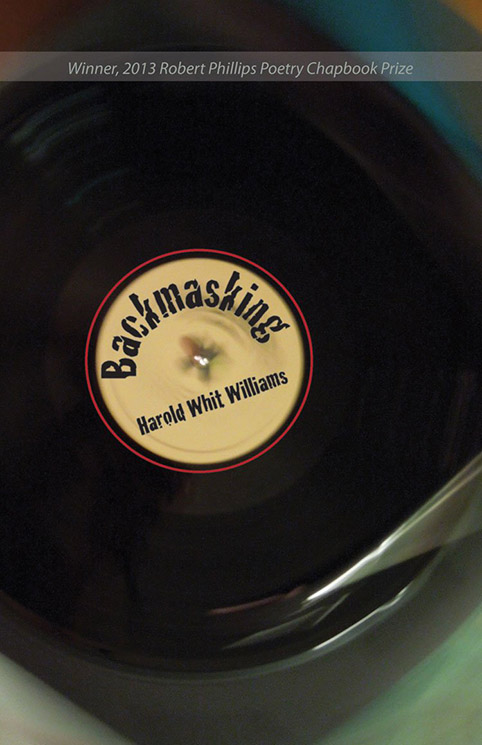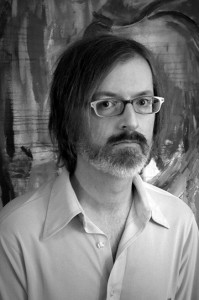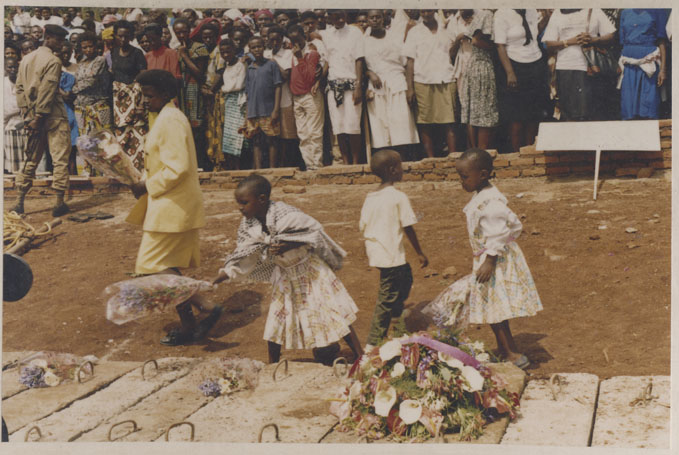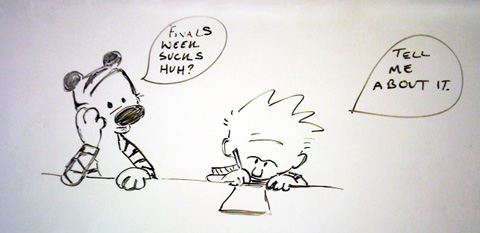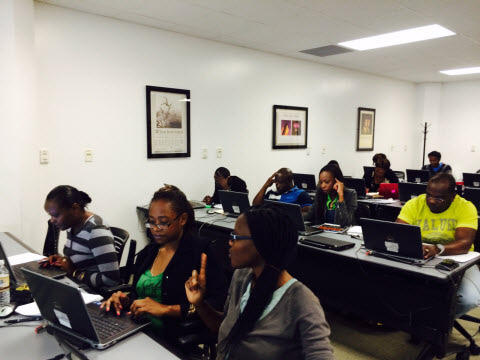
As the Business Librarian at UT Libraries I frequently work with entrepreneurs from the McCombs School of Business and sometimes from the Cockrell School of Engineering. For the first time this summer I had the honor of working with a group of young entrepreneurs from Africa.
The 25 attendees here at UT Austin were part of the 500 Mandela Washington Fellows for Young African Leaders Institute (YALI) selected from over 40,000 applications for this prestigious program. President Obama invited the group to the U.S. from Sub-Saharan Africa as part of his signature effort to invest in the next generation of global leaders. Twenty universities were selected to host the fellows. UT Austin chose the theme of Business & Entrepreneurship for its institute.
%CODE1%
The UT Austin YALI Fellows are creating and/or growing businesses back home. Their interests are broad; women’s and children’s health initiatives, farming, training computer scientists, and translation services. One of the most inspirational companies is one that trains women incarcerated for prostitution to become fashion designers and tailors. The fashion company hires these women upon their release thereby improving the women’s situations and helping them stay out of prison.
Just like I would for students on our campus, I provided a business research workshop to the YALI group and coordinated with the UT Austin International Office to develop a course guide and a hands-on research workshop for these entrepreneurs. In the workshop we practiced search strategies and I introduced them to resources containing market research, economic, and demographic data.
At the end of their UT visit, the Fellows participated in a pitch competition in front of a three-judge panel of successful Austin entrepreneurs. I saw first-hand how they incorporated their research into their pitch for future funding. The judges asked tough questions about growth and sustainability. The Fellows handled the inquiry with aplomb and you could see the passion they all had for their projects.
To cap off the 6-week event all 500 Fellows attended a summit in Washington, D.C. where they met with Secretary of State John Kerry and President Obama. At the summit President Obama announced the program was to be renamed the Mandela Washington Fellowship for Young African Leaders to honor Nelson Mandela. Not only is the program going to continue next year, but the President has also committed to double the number of participants to 1000 for the summer of 2016.
I hope that the University of Texas will be hosting again next year and that I have the opportunity and privilege to work with these global entrepreneurs as they go out and change the world!
%CODE2%

